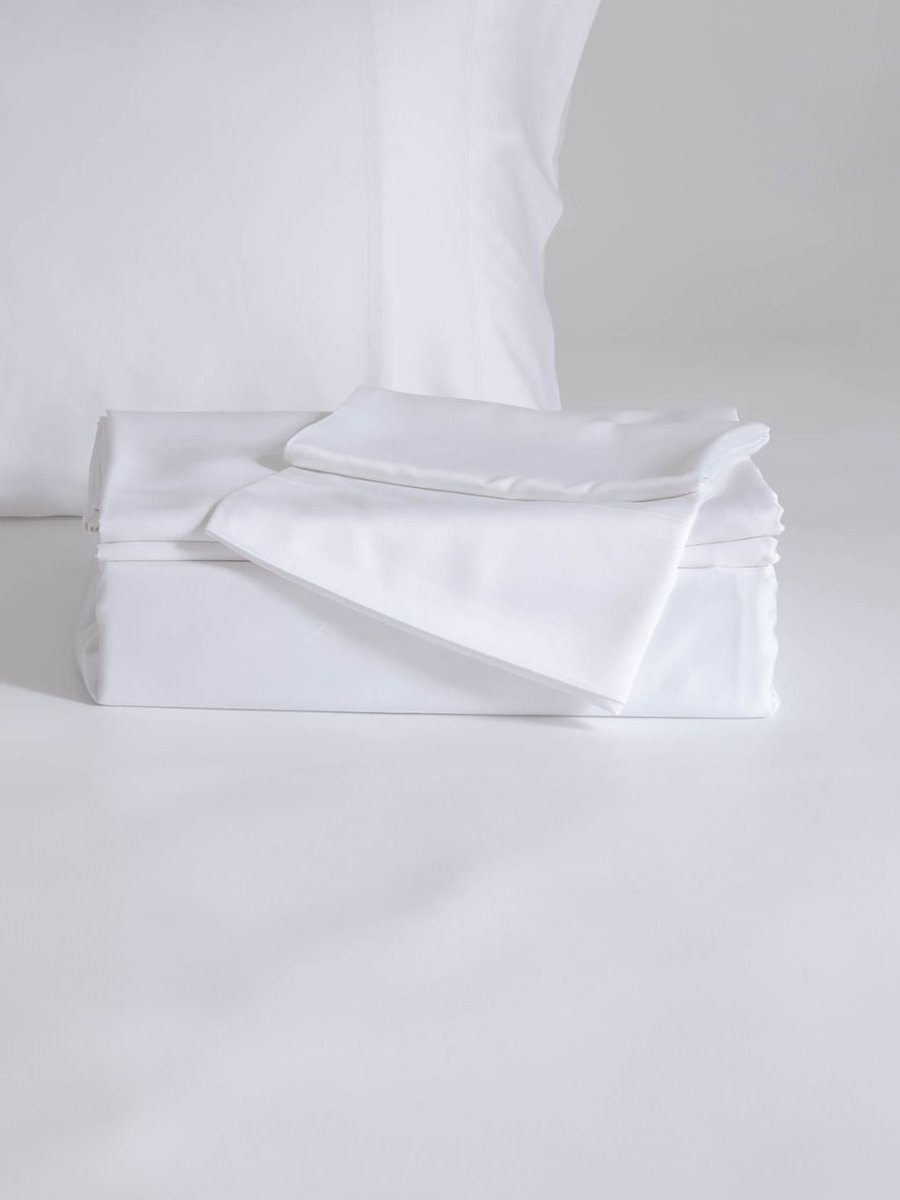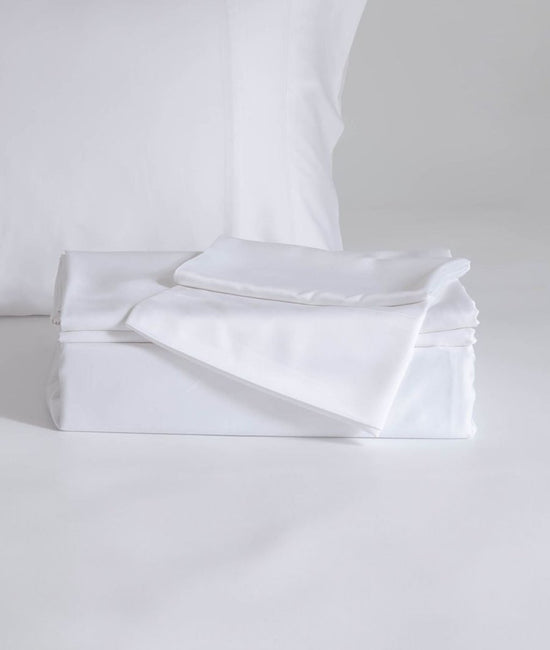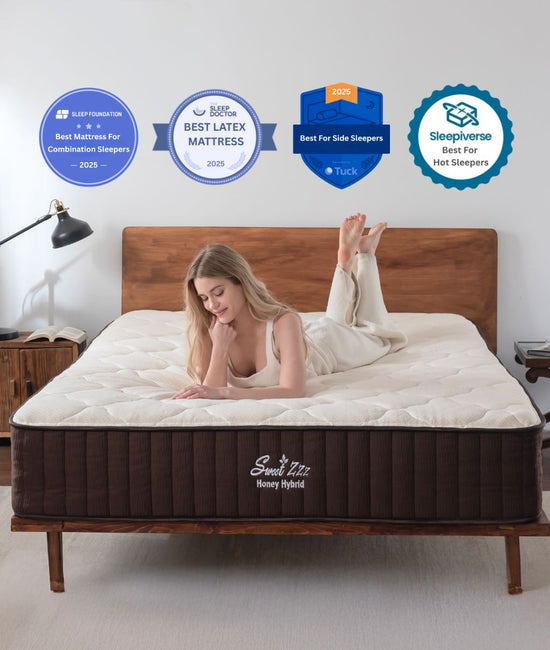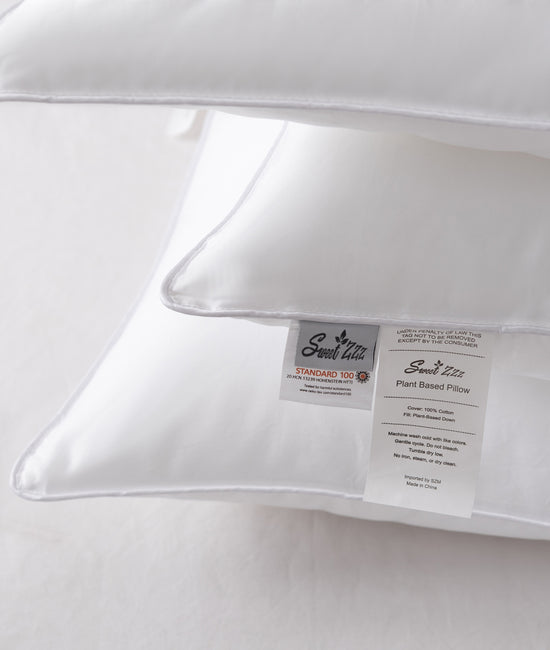What’s the Best Temperature for Sleep? (And Is It the Same for Everyone?)
Last night, I woke up around 3 a.m., half-covered in blankets, one leg flung out like a human thermostat. Sound familiar? It’s that frustrating feeling—too hot under the covers, too cold without them. As seasons change, finding the “just right” sleep temperature feels more like a game of trial and error than science.
Turns out, there is a science to it. And while many experts agree on a general range, the ideal sleep temperature can vary based on factors like age, gender, metabolism, and even what you're sleeping on.
So What’s the Goldilocks Zone?

Most sleep experts recommend keeping your bedroom between 60°F and 67°F (15°C to 19°C). Why?
Your core body temperature naturally drops as you prepare for sleep. A cooler room helps that process along, signaling your brain it’s time to rest. But if your room is too warm, it can interfere with your body’s ability to cool down—leading to restlessness and lighter sleep.
But Is It the Same for Everyone?

Not exactly.
Here’s how individual differences come into play:
-
Women often feel colder than men at night due to hormonal shifts and differences in body composition.
-
Older adults may sleep better in slightly warmer conditions since their bodies don’t regulate heat as efficiently.
-
Children and babies need a slightly warmer room—closer to 68°F–72°F—to avoid becoming chilled.
Some people also naturally run hotter (think sweaty sleepers), while others are always cold—even in July.
Your Bedding & Mattress Matter Too
Even if your room is the right temperature, your bedding might be sabotaging you.
-
Heavy comforters trap too much heat.
-
Synthetic sheets don’t breathe well.
-
Memory foam mattresses tend to retain body heat.
That’s why breathable bedding is a must.
What Helps Regulate Your Sleep Temp?
-
Breathable Sheets: Our Sweet Zzz Bamboo Sheets are naturally cooling and moisture-wicking—perfect for hot sleepers or seasonal changes.
-
The Right Pillow: Our Plant-Based Pillow is supportive and breathable, keeping your head cool all night.
-
An Organic Mattress: The Honey Hybrid Organic Mattress promotes airflow and doesn’t trap heat like synthetic beds.
Together, these help your body regulate temperature naturally—so you don’t wake up sweating or freezing at 3 a.m.
Final Thought
There’s no one perfect number on the thermostat for everyone—but finding your personal sweet spot (and pairing it with breathable sleep gear) can mean the difference between tossing and turning or drifting off like a dream.











